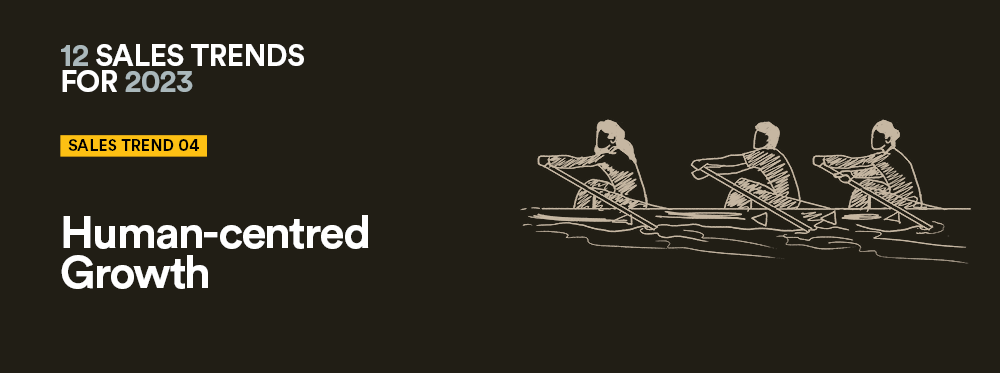
What if we aimed to sell better by rethinking our growth strategies and how to create value instead of focusing on the prevailing paradigm of extracting value and selling more, more, more in a finite world? This is Sales Trend 4 of the 12 Sales Trends Report for 2023.
Sales growth .....


New Article Email Notification